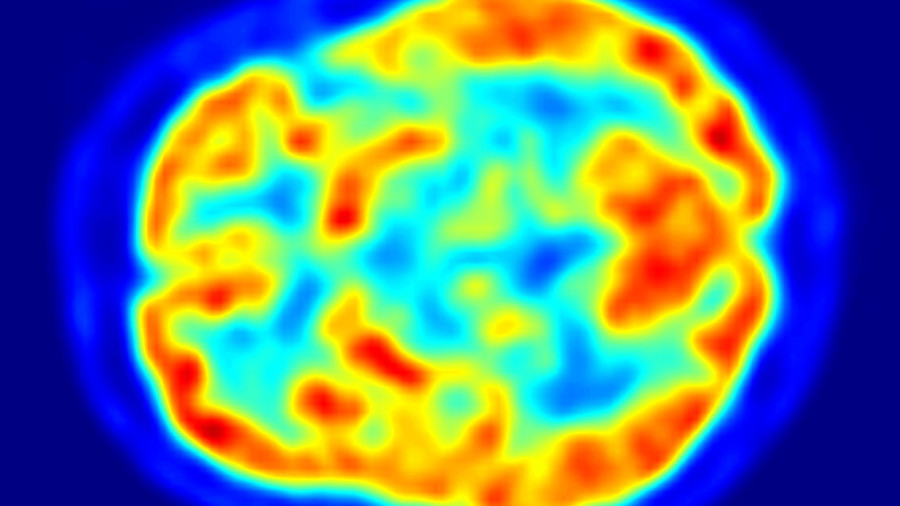
Psychological & Behavioural Sciences at Wolfson
Psychology is a diverse discipline and this is reflected in the PBS course, which covers developmental, biological, cognitive, and social psychological approaches to topics such as psychopathology, language, perception, gender, family relationships, brain mechanisms, personality and group interactions, amongst other topics. There also is the opportunity to look at these topics from the perspective of other disciplines, notably anthropology, linguistics, philosophy and sociology.
You can find further information about studying PBS on the University's course pages. Detailed information is also available on the Department's Prospective Undergraduates page.

What are we looking for?
We are looking for those who can think both neurobiologically and philosophically about psychology. You should therefore have a good understanding of brain structures and processes, and bodily systems. Equally, you should understand the socio-cultural factors influencing or constituting our behaviour and the meanings we attach to it.
To a significant extent, this is a science-based course, therefore you should be prepared to engage with maths, statistics and methodology, and be keen to learn about cellular biology, synapses, neurotransmitters, anatomy, to a relatively in-depth level. The course develops a variety of skills include critical analysis, and the ability to analyse quantitative data through its engagement with statistical methods and research methods. Popular with prospective employers, such skills enable our Psychology graduates find employment in a very wide range of professions.
You need to be open-minded, curious, engaged and passionate about psychological phenomena and current issues. You should have thought about the connections between psychology and other disciplines, and its applications. You should enjoy writing essays - expressing yourself clearly and combining ideas and empirical evidence in a coherent, lucid and compelling way. Finally, you should have read a good selection of psychology books and articles, which you can discuss enthusiastically and critically.
Entry Requirements
Applicants need A-level (or equivalent) in Mathematics or Biology. Psychology is not a requirement. Please consult the University's entry requirements for PBS for further information.
Applications
Applications to study PBS at Wolfson are submitted through UCAS.
| Written Work | No written work submission is required. |
| Assessment | There is no written assessment. |
| Interview | Shortlisted candidates will be invited to be interviewed in December (or late March for those who apply in the March round). There will be one or two interviews (in total lasting 40-50 minutes) which will be conducted online via Zoom. |
For more information about making an application, please visit our application webpages.
You can also find useful information on our Application FAQs page.